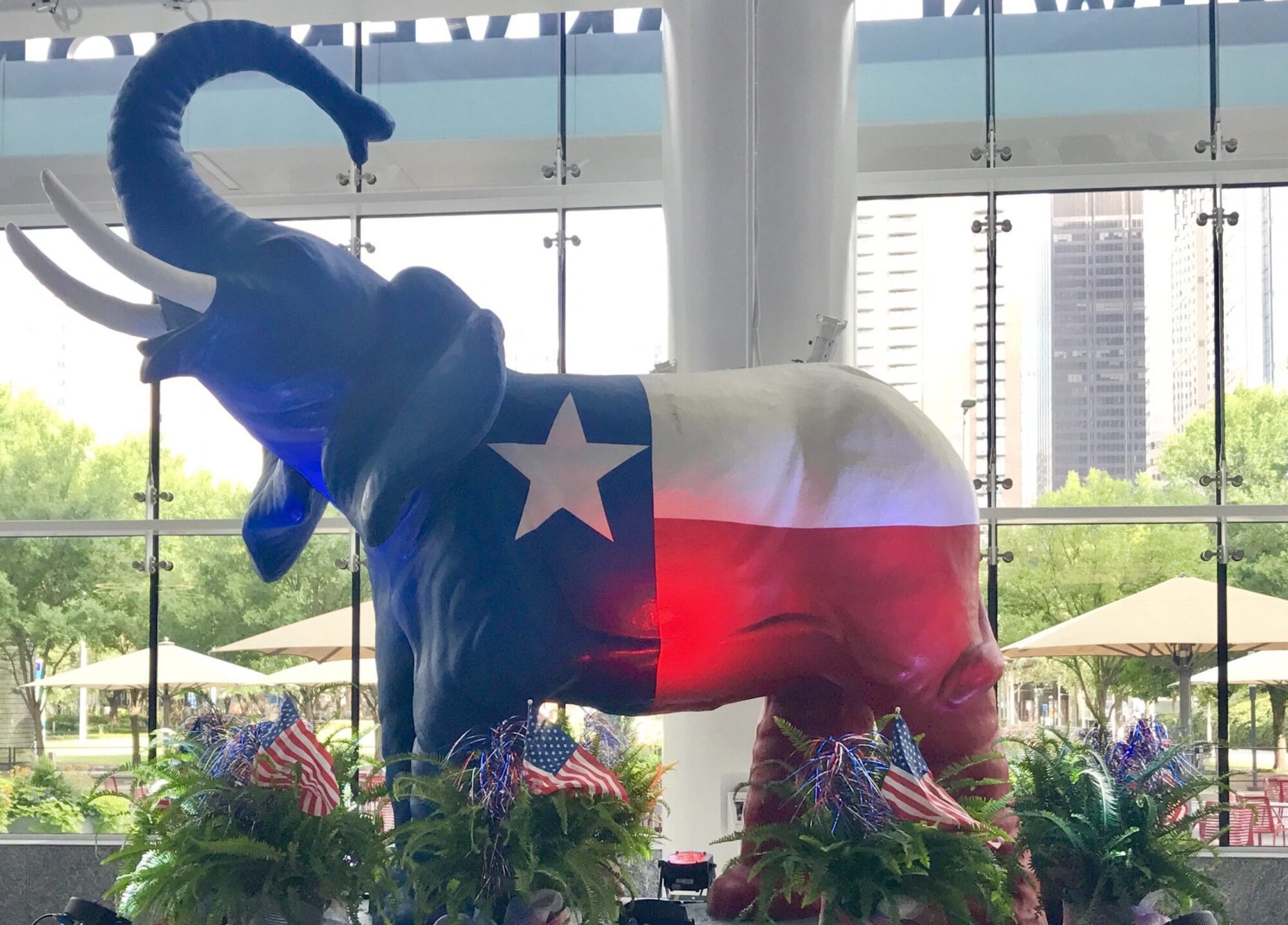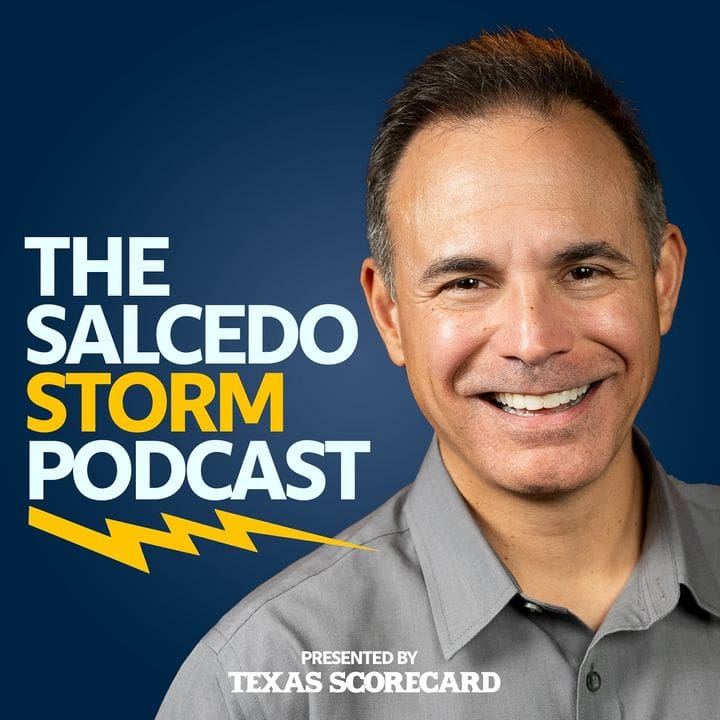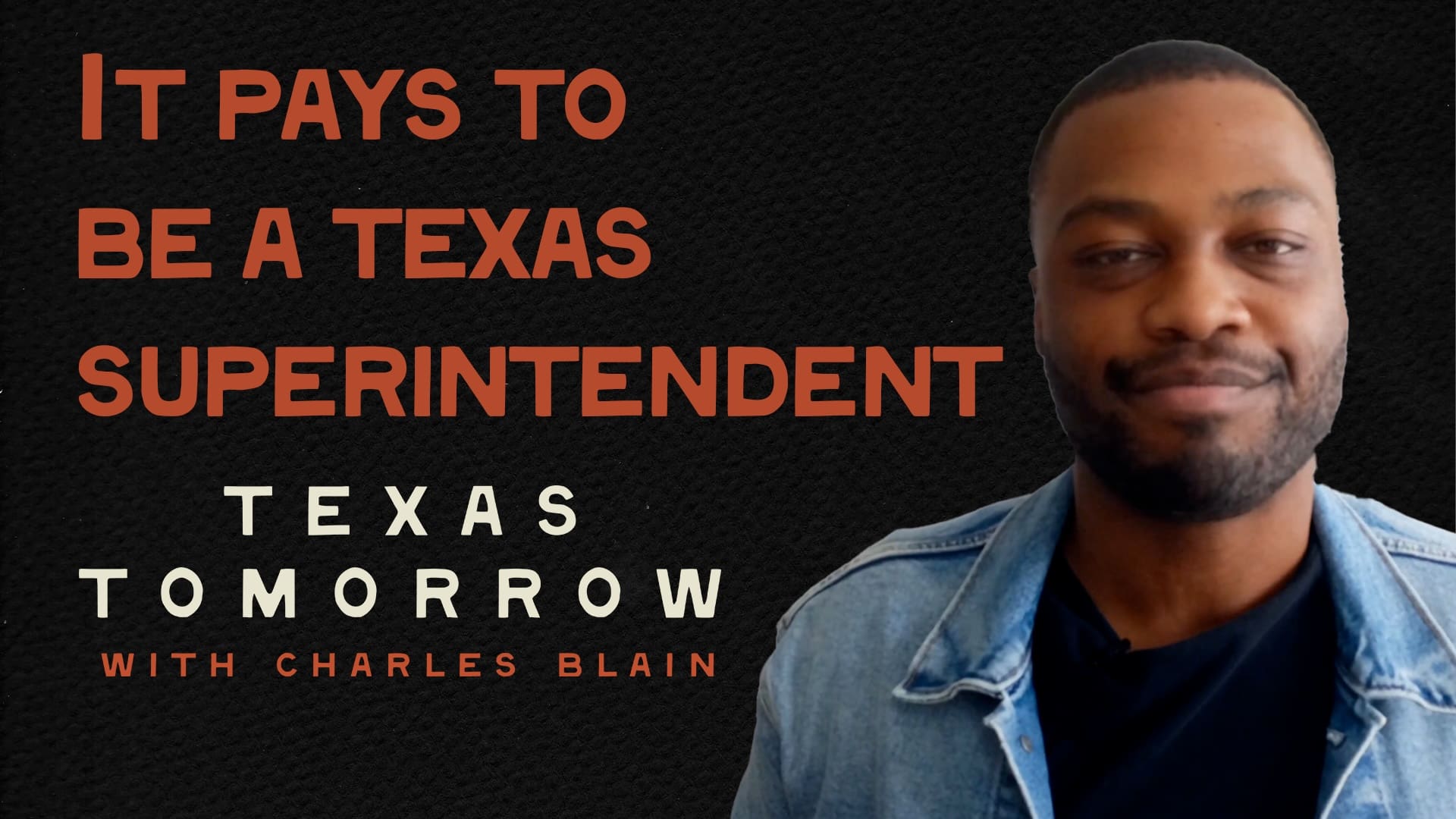As parents across the nation speak out against school boards for racist and pornographic material in schools, the conflict is also unfolding in communities across Texas.
“Can I go to the local queer sex shop?”
At a public meeting in the Austin suburb of Leander last week, parents again spoke out to their local school board trustees about the administration offering sexually explicit books on the shelves of school libraries.
“The book ‘Queerfully and Wonderfully Made’ was taken home by an 11-year-old last week—a sixth-grader—and it says, ‘Can I go to the local queer sex shop? They can provide classes, lubrication, and sexual intimacy merchandise as well opportunities for shame-free conversation,’” one parent said, reading from the book. “‘How do queer people even have sex? Can I look at porn? Okay, but I’m serious. Help, I’m really horny.’”
“The social bundles [of materials] bought, and choices some teachers are making, have a central theme: sexualization of children,” the parent added.
The issue in Leander Independent School District has been ongoing since at least last year, when a video of parent Lori Hines’ testimony at a school board meeting went viral. Hines specifically discussed two contentious titles: “In the Dream House” and “Lolita,” a 1950s-era novel about a 37-year-old man’s obsession and inappropriate relations with a 12-year-old girl. Hines even took a sex toy out of her purse and dropped it on the table, as direct imagery from one of the stories.
“No one is asking to ban books,” Hines said, but she was outraged the district staff did not tell or consult parents about the material. “We are asking for age-appropriate reading material that advances independent thought and critical thinking. … Netflix uses maturity ratings and classifications so that viewers can, and I quote, ‘make informed viewing choices for you and your family.’ Parents in Leander ISD deserve no less.”
A Widespread Problem
Parents in other districts are also speaking out to their school administrators.
“The current bulk book purchase process is broken,” a parent in nearby Round Rock ISD recently testified. “In the last few weeks, parents across the district have discovered multiple books such as ‘Lawn Boy,’ ‘Gender Queer,’ and ‘Out of Darkness’ on the shelves of our school libraries. These books and others include X-rated pornographic pictures and illustrations and/or text descriptions of sex acts, with one book graphically describing two 10-year-old boys performing oral sex on each other and another describing in detail an adult molesting a child.”
“Welcome to Keller ISD. Yes, a Texas School [w]here legitimate visual porn, a felony offense, is in one of our libraries,” wrote several parents in the North Texas area last fall. “[Administrators] were quick to find the book and pulled it from a student[‘]s hands, realizing the severity of distributing porn.” The Keller incident sparked an ongoing state government investigation into the district.
Additionally, a recent documentary called “The Mind Polluters” revealed much of the issue around the state and explored the fight to overturn “obscenity exceptions” in Texas and across the nation. Such laws allow otherwise illegal sexually explicit materials to be available to minors in public schools and libraries.
The Problem Continues
Since the events last year, Leander school officials have removed 11 controversial titles (including “Lolita”) from recommended reading lists, but according to parents, obscenity problems persist inside the schools. The local Williamson County Commissioners Court even threatened last month to withhold additional federal taxpayer dollars from LISD because of the issue.
“A statement by the superintendent [Dr. Bruce Gearing] to the public that the books have been removed was not accurate,” one citizen told the Leander school board last week. “Teachers were told to stop hiding those books that were said to be removed and place them where students could find them.”
“The [Community Curriculum Advisory Committee] reviewing the books was packed with activist teachers who were pushing pornographic books,” the citizen continued. “The books were filled with inappropriate materials and content that provided materials for us to investigate. All this information came from teachers.”
However, Leander ISD board trustee Gloria Gonzalez-Dholakia said removing those sexually graphic materials from children’s school libraries was stealing an opportunity from them.
“It was less about the books and more about creating a political movement for something else,” she said. “What was lost in this political movement was the ability of our students to enjoy reading and to see somebody that looks like them or sounds like them in a book. That opportunity was stolen from them.”
“Our objection to sexually explicit material is not banning books,” a Leander parent testified. “It is simply a serious concern of what … our children are exposed to when we send them to our publicly funded schools, a place where trust should never be broken.”
“[LISD Superintendent] Dr. Gearing gave five reasons for keeping harmful books in the libraries,” another parent said, challenging Gearing’s “excuses,” one of which was, “School boards may not remove books from school libraries simply because they disliked the ideas contained in these books and seek the removal to prescribe what shall be orthodox in politics, nationalism, religion and other matters of opinion.”
“No one is asking for that,” the parent said. “We are asking you to protect children from harm. Not all speech is protected, nor is it without consequences. Obscenity, defamation, and child pornography are not free speech.”
“Only one current board member has spoken out on the pornographic content. The rest openly support it or say [local policy] allows it,” another concluded to the Leander ISD board. “So, this is on you. This responsibility, this content, is on you. And I hope you do something.”





